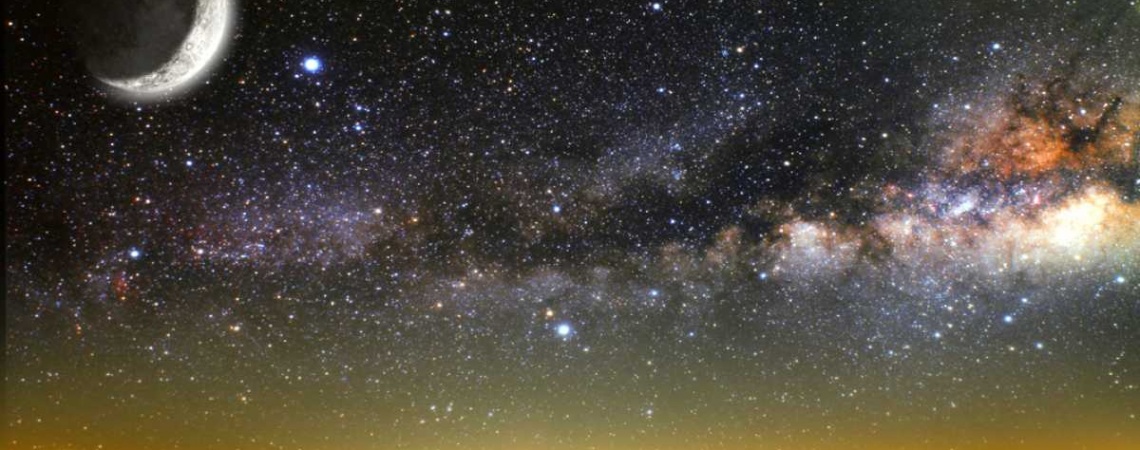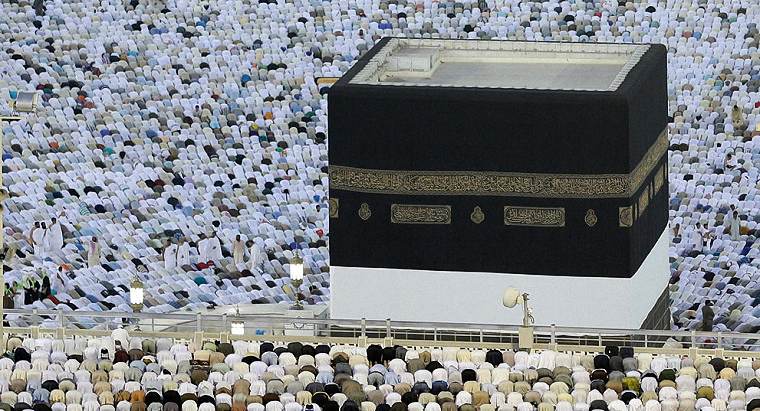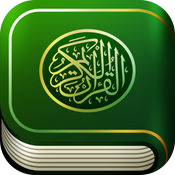
- January 10, 2018
- 412 views
- Author: Ilyas Nassief
- Category: Articles
- No Comments
Allah is the Arabic name for God. The god who is referred to is the Supreme and True Creator of the heavens and earth. He is not a human because the human and God are separate and different. The human is a creation of God and therefore cannot be God or equal or comparable to God. He is the Lord of Mankind, the Creator, and Sustainer of everything in existence. God said is His final revelation, The Qur’an:
Islam emphasizes the Oneness and uniqueness of the Creator and is uncompromising in this. Allah said:
The Muslim knows his Creator through what has been revealed in the Qur’an and in the prophetic traditions, as well as from His Names and Attributes, and the signs in creation, like the Sun, the Moon and planets, as well as in our own selves:
Allah is the Owner of the Most Beautiful Names and Attributes. Through these characteristics, the Muslim understands and gains a thorough appreciation and a just estimation of The Lord of mankind.
Another important aspect of our knowledge of Allah is that He is above His creation. This point is very important in the belief of the Muslim because there are many beliefs as to where God is. Allah has informed us about Himself in His Qur’an.
These and other verses in the Qur’an establish another issue of fundamental importance is that He related to Allah, above us in the heavens. Many people reject this understanding because it may seem to them that in such a case the Creator is away and distant from His creation. The Muslim, however, knows that even though the Lord of Mankind is above us, it does not mean that He is in any way distant, as He is with us by His knowledge and is intimately aware of all we see, feel, and of our actions past present and future, and aware of all our needs. Allah says in His book:
The human tendency within us is to believe only in what can be seen. With the development of new technologies and scientific advancements, the onus is on empirical evidence in order to confirm the existence of something. With regards to Allah however, our knowledge is limited because He is unseen, and the unseen cannot be tested by physical means.
We as Muslims understand that our senses are in fact limited. Even so-called “scientific discoveries” are often contradicted by the very same scientists who “discovered” them in the first place. Therefore we acknowledge whatever description of Allah that we find in the Qur’an or in the prophetic traditions.
With regards to those characteristics which are shared by humans, we acknowledge what Allah says about himself without comparing these descriptions to the physical forms that we know from ourselves. An example of this can be found in the characteristic of the face. The Qur’an mentions that Allah has a face, such as the verse:
This feature of Allah, that He has a face is not taken to mean that His Face is similar to that of human beings and the rule which clarifies this is another verse of the Qur’an:
What this means therefore, is that we acknowledge what the texts mention without comparing to the creation, because He is not similar or equal to us in His Being, and this is the correct belief which was taught and understood by the Prophet (peace be upon him) and his companions.








